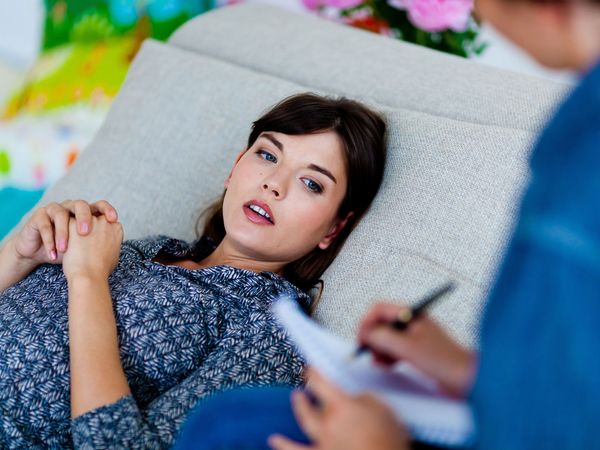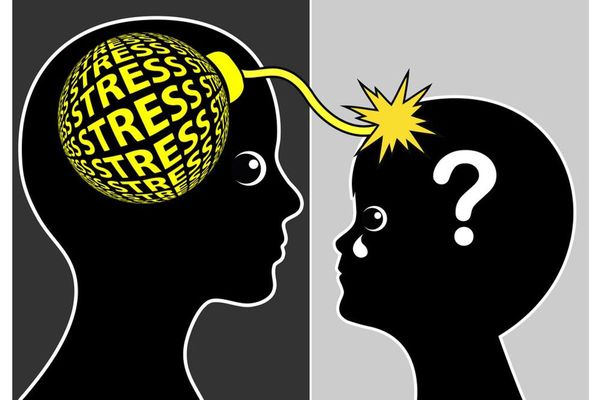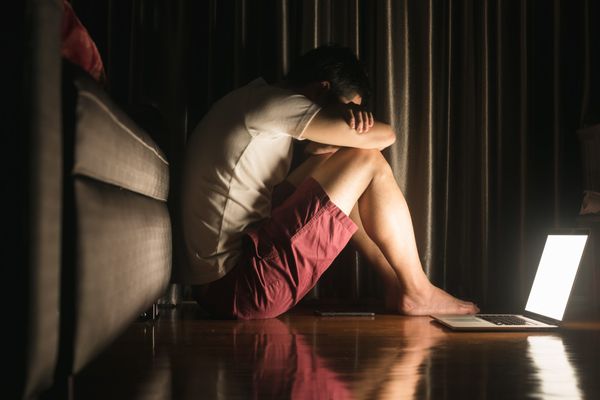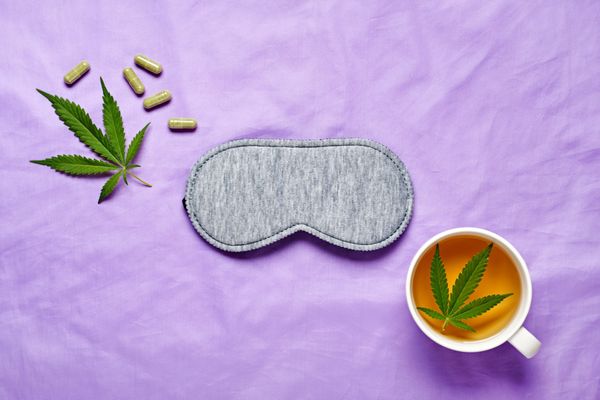In 10 seconds? Researchers have identified the cells in our eyes that let blue light from smartphone screens disrupt sleep, cause insomnia potentially leading to metabolic diseases or mood disorders.
Blue light and sleep? I've heard it before... It's no news that using blue light-emitting screens at night disrupts sleep. But how does it happen? Some cells in our eyes play a key role in letting ambient light from our phones and tablets reset our circadian clocks by suppressing the production of the 'sleep hormone', melatonin. And, there is a connection between the genes regulating our circadian rhythm and bipolar disorder (or 'manic depression'). Moreover, a disrupted circadian clock may contribute to the development of obesity and metabolic disease, cardiovascular diseases, diabetes, and cancer.
How likely is someone to develop a mood disorder from blue light screens? So far, there are no statistics about a direct link but too much blue light can affect our sleep and shift circadian rhythm phases in patients with bipolar disorder. Forced phase shifts are associated with this disorder. Another study has found that blocking blue light during the manic phase of the disease improved sleep and symptoms.
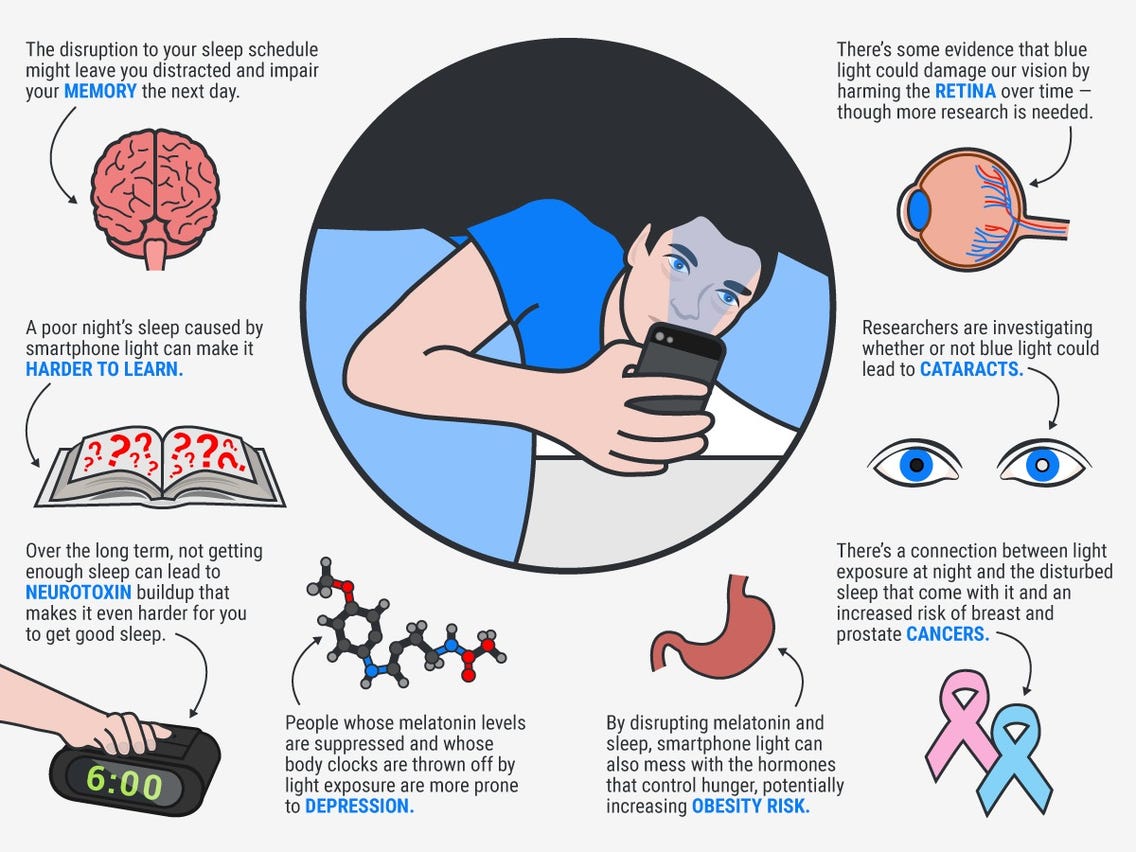
OK, so what have we learned from the discovery? Researchers pinpointed a type of light-sensitive cells in the retina and the proteins in them that tell our brains if it's time to sleep. When these cells continually sense light, they keep regenerating a protein, called melanopsin. It signals to the brain how much ambient light there is around us. If it's darker, we're likely to get sleepy. But, if the light is bright and melanopsin regeneration is prolonged and our circadian clock gets disturbed.
Right, that's light but what about the blue light of cellphone screens? Well, these cells just 'think' blue light is continuous bright light and trigger a reaction. More interestingly, our circadian clock normally reacts to prolonged light, but in the case of these cells, 10 minutes is enough to start cutting melatonin and reducing the sense of sleepiness. That's bad because our cells and organs rely on the 24-hour cycle and need sleep at regular times to tick along nicely.
How did they find all this out? The researchers triggered melanopsin production in mice and found a complex process. They discovered the dual role of other proteins, called arrestins that, along with melanopsin maintain sensitivity to light. These are responsible for "turning off" melanopsin and getting it ready to be reactivated by prolonged illumination. And when they switched off arrestins they found that the melanopsin-producing cells stopped being sensitive to prolonged light.
So, what can we do with this? By understanding the process, researchers can work on treatments for migraines, where sufferers have a hypersensitivity to light, jet lag, or insomnia — and on lowering the risk of obesity, metabolic diseases, mood disorders, and other problems. Knowing how to regulate the signals the retina relays about light can help resync circadian rhythms broken by shift work or in teenagers who don't sleep enough.
Your night time blue light hygiene routine
Researchers have found that blue light-cutting 'night modes' on cellphones are not much use as they don't protect from sleep disruption.
So, what can you do? Avoiding the phone or the tablet at night is the obvious first step. Moreover, specialists suggest avoiding bright screens 2-3 hours before your planned sleep time.
Spending time in bright light during the day can improve your mood and your ability to sleep at night.
And: if you need light at night, red light is the one that least affects your circadian clock and melatonin production.
Nicolas has distilled 8 research papers saving you 28 hours of reading time with an evidence score of 3.37 out of 5


